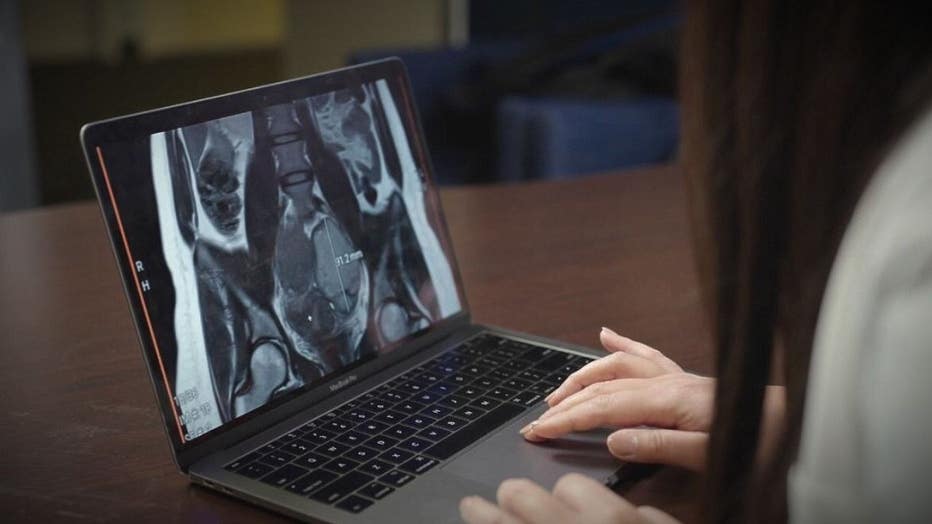Endometriosis can go undiagnosed for years, here's what every woman should know
FOX 2 (WJBK) - Endometriosis impacts 10 percent of women - but many cases go undiagnosed for years.
For some women who have it, there are no symptoms and for others, the pain in debilitating. Endometriosis is a complex condition that creates physical and mental trauma.
It is often misunderstood, misdiagnosed and full of misconceptions, and there is still so much we don't know.
It affects around one in 10 reproductive women. Some can have no symptoms, for others it can be painful during or after periods.
Endometriosis occurs when glands that are usually found in the uterus make their way outside of the uterus.
A doctor from University of Michigan Health who treats women with endometriosis, says the condition is often underreported.
"One reason why endometriosis is under-diagnosed, is the normalization of pain in women and kind of normalization that it is normal for people to have pain with their periods," said Dr. Courtney Stacey Lim. "And while pain with periods can be common, the scope of pain, the extent of pain, can be normalized when it shouldn't. And we should take people's pain seriously, and offer treatments such as medical options and surgical options."
Dr. Lim says endometriosis is also underreported is because it is diagnosed during surgery and for many patients, there is little access.
She says it’s important to talk with your doctor if you are having concerning symptoms.
"I think it's really important for people with pain and pain associated with periods to be listened to by any of their providers," she said. "While it can be common for people to have cramping and some pain associated with periods, it is not normal to have debilitating pain, pain that impacts your activities of daily living.
"And if that's the case, people should seek care and hopefully be listened to and those concerns should be addressed."
Currently, the only way to get a definitive diagnosis of endometrioiss is through laparoscopy, which means a tiny camera inserted through the abdomen is used to look for lesions and samples can be analyzed.
Treatments include anti-inflammatory medications, hormonal therapies and surgery management, but depends on whether a person is trying to get pregnant.


